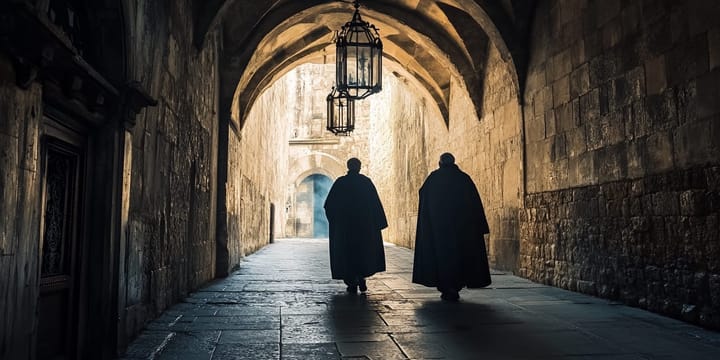
Fairhaven Sermon 3-16-2025
Fairhaven Sermon 3 16 20250:00/965.9761×
Summary
In this week's service at Fairhaven United Methodist Church, Pastor Dylan Parson explored Luke 13:31-35, focusing on Jesus' encounter with the Pharisees who warned him about Herod’s intentions to kill him. Pastor Parson contextualized this event





